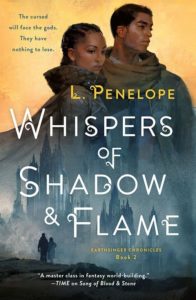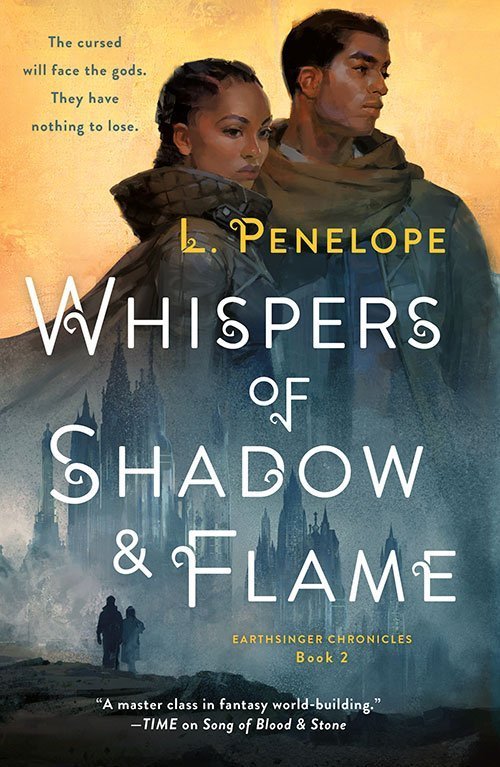
So, I’ve mentioned on my podcast, First Cup of Coffee, that I like listening to L. Penelope’s podcast, My Imaginary Friends. (Our podcasts are also part of the Frolic Podcast Network, but we listened to each other before that.) On this week’s episode, Making an Impact, she talks about her experiences on panels at a recent convention. I tell you, folks, I was gaping at the speakers when she said the other panelists had said that the Fantasy genre is inherently politically conservative – and no one challenged it.
People: I SO want to challenge this assertion!
Apparently the thought process is that Fantasy often involves the trope of restoring the One True Thing in some sense. Defeating the Big Bad to restore the Time Before. The Chosen One appearing to usher in a time of peace and plenty. The recovery of magic or something else that has been lost.
I’m sure you all can recognize these themes.
First of all, I want to point out that this is a pretty narrow conception of what the Fantasy genre encompasses. I mean, yes, there are people who equate “Fantasy” with “Tolkien.” People have said exactly this to me. Never mind that Tolkien was writing a hundred years ago, so that’s akin to saying they equate Science Fiction with Fritz Leiber, Jr. and Isaac Asimov. Sure, all of these authors made substantial contributions to the SFF genres, but there’s been movement since then.
A lot of the time, when people say “Fantasy,” they do mean Tolkienesque epic fantasy – including all those writers who’ve followed that path. It’s a grand tradition, but it’s not the only tradition. The writers who keep to that fairly narrow interpretation of fantasy, who write only pastoral, non-tech, peaceful-farmers-are-pure-of-heart tales might be conservative. I dunno. I think the writer brings their values to the story, regardless of genre.
Fantasy is a broad genre with many themes. There are a LOT of people writing it who very much do not have conservative values.
Second, I don’t think there’s ANYTHING inherently politically conservative about the concept of creating peace and plenty, of overthrowing an oppressor. Our current political situation speaks to that. The avowed conservatives in power may give lip service to “family values” and “making things great AGAIN,” but a totalitarian government is exactly that – and resisting can be an act of rebellion. Fantasy absolutely takes on these themes. For example, my Forgotten Empires books (see? even the series title speaks to something lost) tell of people laboring under an oppressive empire. They rebel, eventually and in their own ways, but that recovery of what’s been lost is hardly an expression of conservative values. Those are radical and dangerous choices. And, yes, those stories are absolutely part of my personal response to an authoritarian government that serves only the rich – and part of my resistance to that.
I’d argue that the best Fantasy takes on sweeping political change.
There’s a lot more to the enormous and varied Fantasy genre than Tolkien and farm boys called to be the Chosen One. Let’s make some noise about it.

